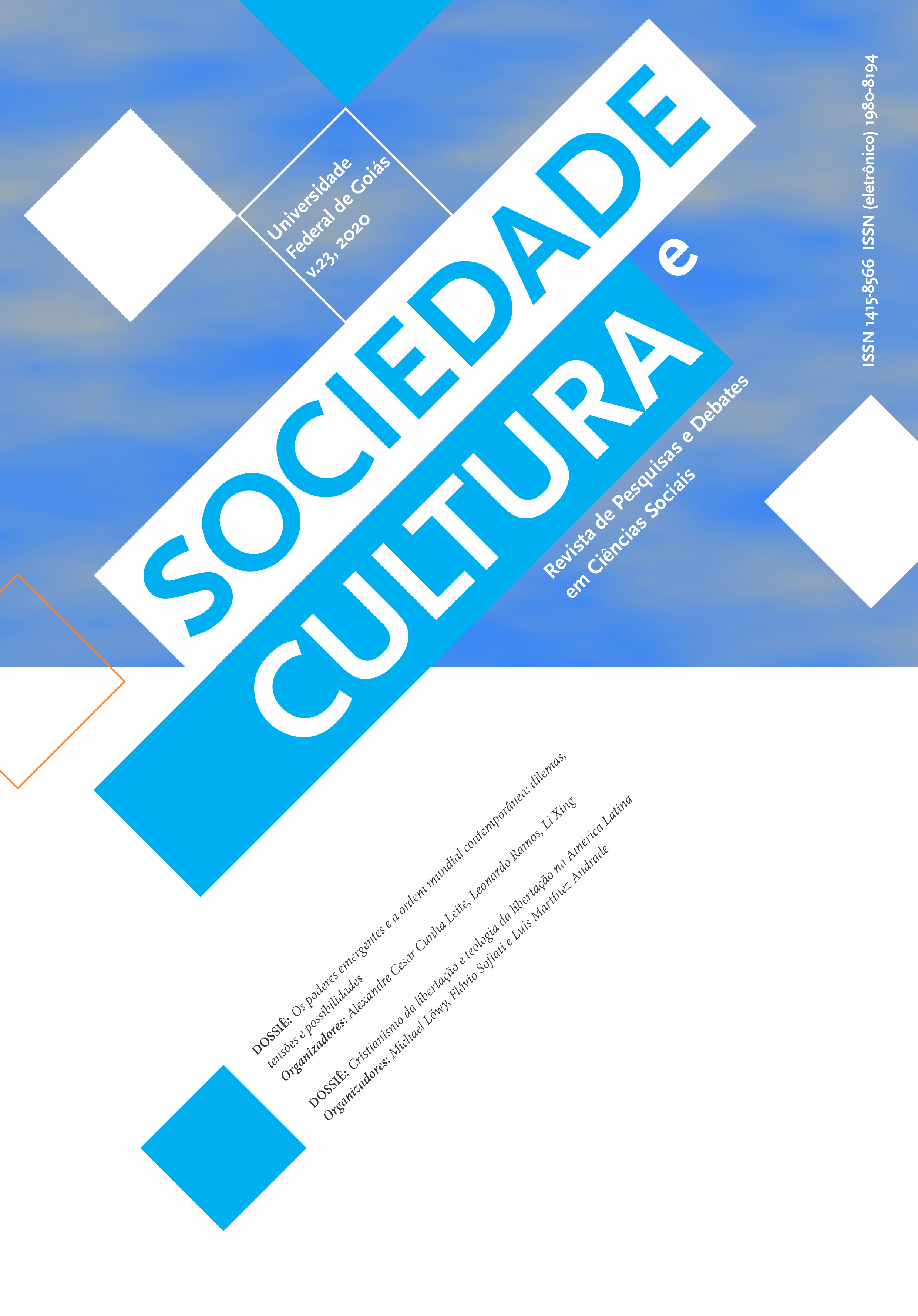Biblical Hermeneutics of Liberation Theology
DOI:
https://doi.org/10.5216/sec.v23i.59847Abstract
The first part deals with the biblical hermeneutics in general, seen as a dialogue between the original author and readers with the reader who today enters the cycle. The opposition made by Paul the Apostle between letter and spirit serves as a starting point for explaining the hermeneutic sense rewriting. The "spirit" in the sense of Paul can be understood as the appropriation of meaning, that in the Christian tradition can be called the "full meaning" of the Holy Scripture. The fundamentalist hermeneutics is evaluated by contrast. Finally, the hermeneutic spiral between interpretation of the text and praxis is described. In the second part the biblical hermeneutics of Liberation is contemplated: the origin in the Latin American context, the experience of reading the Bible with the people of the poor, the statement of Jesus Christ as criterion of this hermeneutics and new perspectives today opened out from the hermeneutics of Liberation: decolonial and ecological readings.
Downloads
Downloads
Published
How to Cite
Issue
Section
License
Authors who publish in this journal agree to the following terms:
- Authors retain the copyright and grant the journal the right of first publication, the work being simultaneously licensed under the Creative Commons Attribution License, which allows the sharing of the work with acknowledgment of authorship and of the initial publication in this journal;
- Authors are authorized to enter into additional contracts separately, for non-exclusive distribution of the version of the work published in this journal (eg, publishing in an institutional repository or as a book chapter), with acknowledgment of authorship and of the initial publication in this journal;
- Authors are allowed and encouraged to post and distribute their work online (eg, in institutional repositories or on their personal page) at any point before or during the editorial process, as this can bring productive change as well as increases the impact and the citation of the published work (see O Efeito do Acesso Livre).



